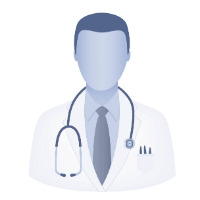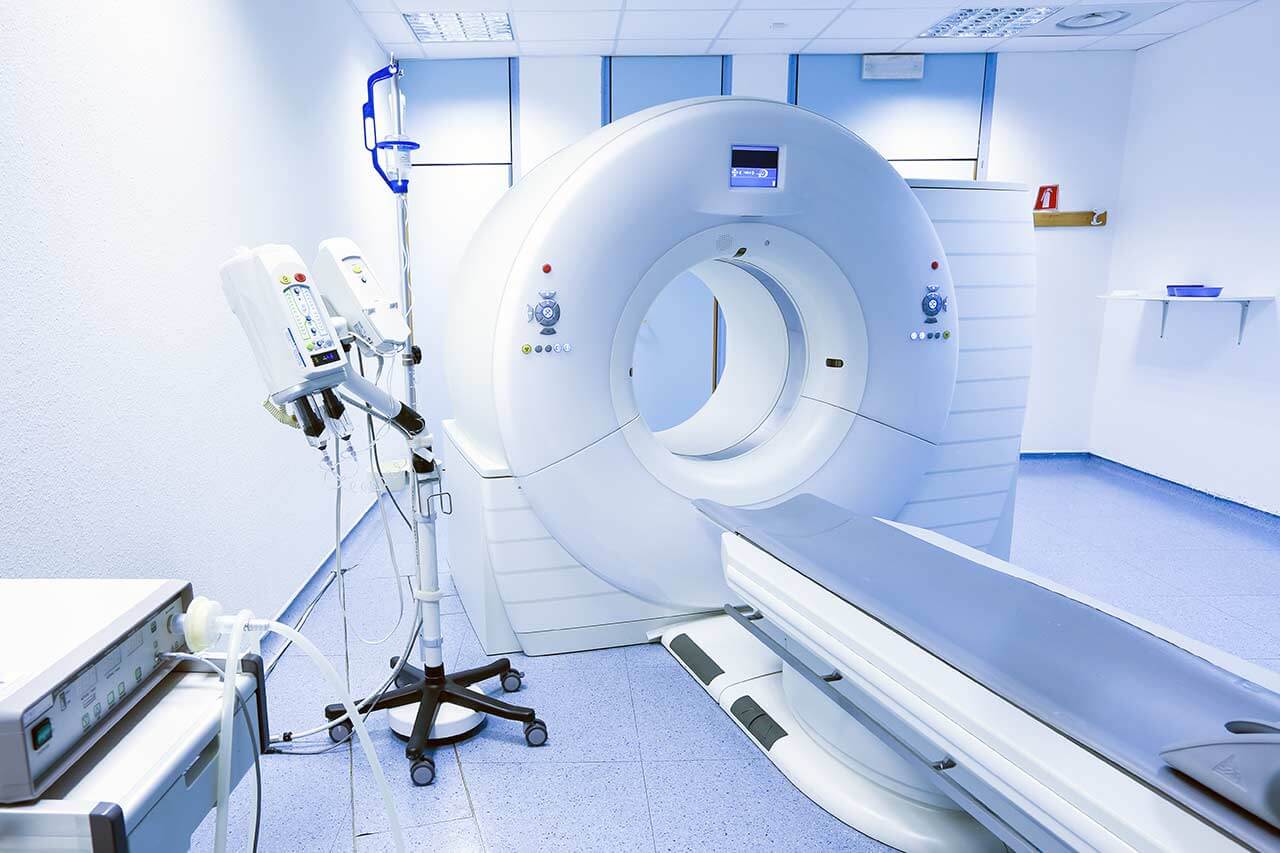
The program includes:
- Initial presentation in the clinic
- clinical history taking
- review of medical records
- physical examination
- laboratory tests:
- complete blood count
- general urine analysis
- daily urine analysis
- biochemical blood test
- inflammation markers (CRP, ESR)
- blood coagulation analysis (aPTT, PT, INR)
- kidney ultrasound
- nursing services
- consultation of related specialists
- treatment by chief physician and all leading experts
- explanation of individual treatment plan
Required documents
- Medical records
- Kidney US (if available)
- MRI/CT scan (if available)
Service
You may also book:
 BookingHealth Price from:
BookingHealth Price from:
About the department
The Department of Nephrology at the University Hospital Heidelberg offers the full range of modern diagnostics and effective treatment of all kidney diseases. The department's highly qualified medical team, which has 180 employees, provides its services to about 1,700 inpatients and 8,000 outpatients annually. In collaboration with the Department of General, Abdominal and Transplant Surgery, more than 2,000 kidney transplantations have been performed during long clinical practice. The Chief Physician of the department is Prof. Dr. med. Martin Zeier.
Thanks to the outstanding results in kidney transplantation, treatment of acute kidney failure, diabetic nephropathy and hypertension, the department has won leading positions both at the national and international levels.
The main clinical focuses of the department include:
- Comprehensive ultrasound diagnostics
- Laboratory tests (special focus on differentiated urine test)
- 24-hour blood pressure monitoring
- Ultrasound-guided kidney biopsy
- Diagnostics and treatment of primary arterial hypertension (pathology associated with genetic predisposition)
- Diagnostics and treatment of all forms of secondary arterial hypertension
- Renoparenchymatous hypertension
- Renal artery stenosis
- Pheochromocytoma
- And other rare forms of the disease
- Diagnostics and treatment of chronic and acute kidney failure
- Hemodiafiltration
- Hemodialysis
- Peritoneal dialysis
- Apheresis
- Plasmapheresis
- Blood plasma cascade filtration
- Low-density lipoprotein apheresis
- Rheopheresis
- Bilirubin apheresis
- Apheresis with the use of Prometheus®
- Immunoadsorption (for example, on Globaffin, Therasorb, Glycorex sorbents)
- Kidney transplantation
- Psychological support
- Other medical services
Curriculum vitae
- 1978 - 1979 Study of Mathematics and Physics at the Heidelberg University.
- 1979 - 1985 Study of Human Medicine, Heidelberg University.
- 1985 Admission to medical practice, Heidelberg.
- 1986 Doctoral thesis defense, Heidelberg University.
- 1991 Medical Specialist in Internal Medicine.
- 1992 Habilitation, Heidelberg University.
- 1993 Specialization in Nephrology.
- 1999 Extraordinary Professor, Heidelberg University.
- 1985 - 1993 Assistant Physician, Department of Nephrology, University Hospital Heidelberg.
- 1993 - 1999 Nephrology Private Practice, Dialysis Center Wiesloch.
- 2000 - 2004 Leading Senior Physician, Department of Nephrology, University Hospital Heidelberg.
- Since 2004, Head of the Department of Nephrology at the University Hospital Heidelberg.
Clinical Focuses
- Arterial hypertension.
- Acute kidney failure.
- Kidney transplantation.
Research Focuses
- Acute kidney failure due to the viral infections.
- Kidney transplantation.
Photo: (с) depositphotos
About hospital
According to Focus magazine, the University Hospital Heidelberg ranks among the top five hospitals in Germany!
The hospital is one of the most advanced and reputable medical institutions not only in Germany but throughout Europe. There are more than 43 specialized departments and 13 medical institutes which cover all fields of modern medicine. A distinctive feature of the hospital is the presence of unique therapeutic methods for the treatment of complex and rare clinical cases.
Due to successful clinical practice, the hospital has been holding leading positions in the international medical arena for many years. The basis for this popularity is the combination of the very latest technologies, competent specialists, and active research activities, which allows introducing of revolutionary diagnostic and treatment methods, which save lives.
In addition to the outstanding medical achievements, it is worth noting a particularly friendly and pleasant atmosphere, and respectful attitude towards the patient. Both doctors and nursing staff make every effort to meet all the needs and wishes of the patient, pay due attention to each clinical case, and have personal communication with the patient, which contributes to a positive treatment result.
Photo: (с) depositphotos
Accommodation in hospital
Patients rooms
The patients of the University Hospital Heidelberg live in comfortable single and double rooms designed in bright colors. Each room is equipped with an ensuite bathroom with a shower and toilet. The patient rooms are quite spacious, they have a table with chairs for receiving visitors. Roomy wardrobes are provided for storing personal belongings. It is possible to connect to the Internet. In addition, the hospital offers enhanced-comfort rooms with a safe, refrigerator, and upholstered furniture. Patients have 24-hour access to the services of medical personnel.
Meals and Menus
The patient and his accompanying person have a daily choice of three menus. If you for some reason do not eat all the products, you will be offered an individual menu. Please inform the medical staff about your dietary preferences prior to the treatment.
Further details
Standard rooms include:
Religion
The religious services are available upon request.
Accompanying person
During the inpatient program, an accompanying person may stay with you in a room or hotel of your choice.
Hotel
During the outpatient program, you may live in a hotel of your choice. The managers will help you choose the most suitable options.
The hospital offers a full range of laboratory tests (general, hormonal, tests for infections, antibodies, tumor markers, etc.), genetic tests, various modifications of ultrasound scans, CT scans, MRI and PET / CT, angiography, myelography, biopsy and other examinations. Treatment with medications, endoscopic and robotic operations, stereotaxic interventions is carried out here, modern types of radiation therapy are also used. The hospital offers patients all the necessary therapeutic techniques.
- Endovascular treatment of liver pathologies with LigaSureTM, Ultracision® and Habib®-Sealer devices
- Correction of chest deformities in children (Nass operation)
- Minimally invasive direct coronary artery bypass grafting
- Replacement of ascending aorta (David procedure)
- Operations using the da Vinci robotic system
These are primary lung tumors and metastases in the lungs, benign and malignant liver pathologies, thyroid pathologies, gastroesophageal reflux disease, heart rhythm disturbances and heart failure, infertility, fibromyalgia, damages and pathologies of large joints, polyneuropathy and other diseases.
- Thoracic surgery
- Cardiac surgery
- Urology
- Orthopedics and traumatology
- Obstetrics and gynecology
The hospital's team consists of more than 13,000 highly qualified employees




